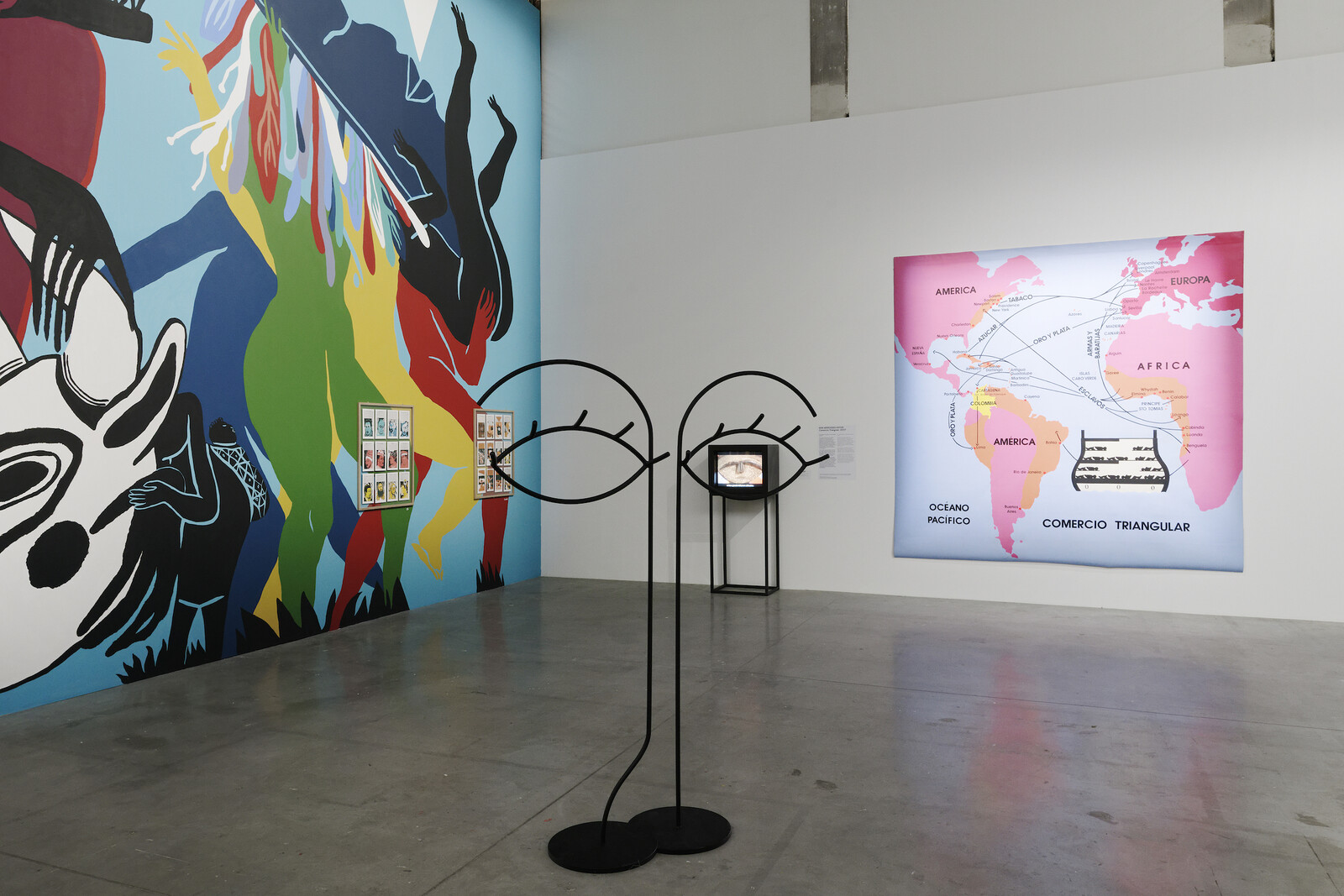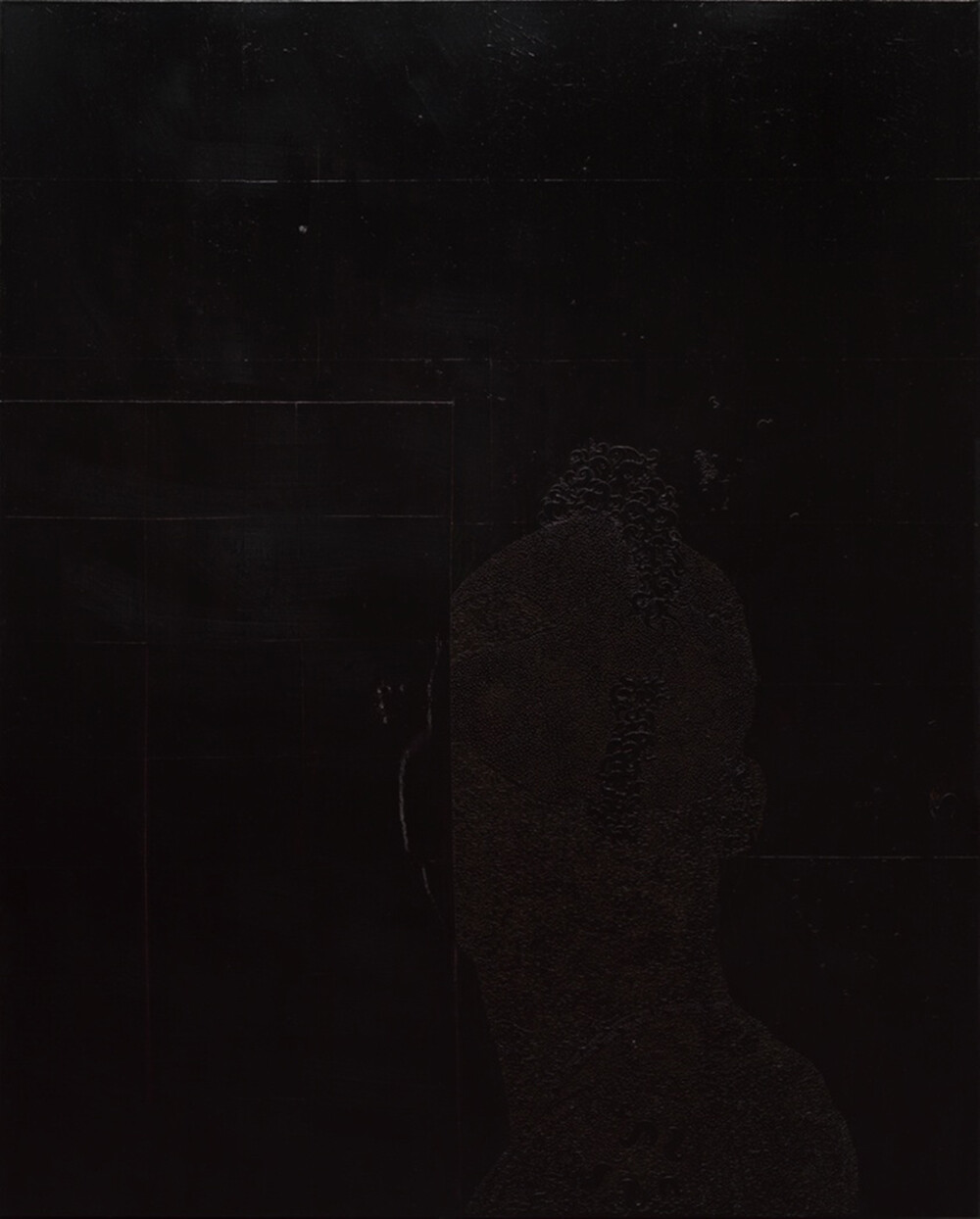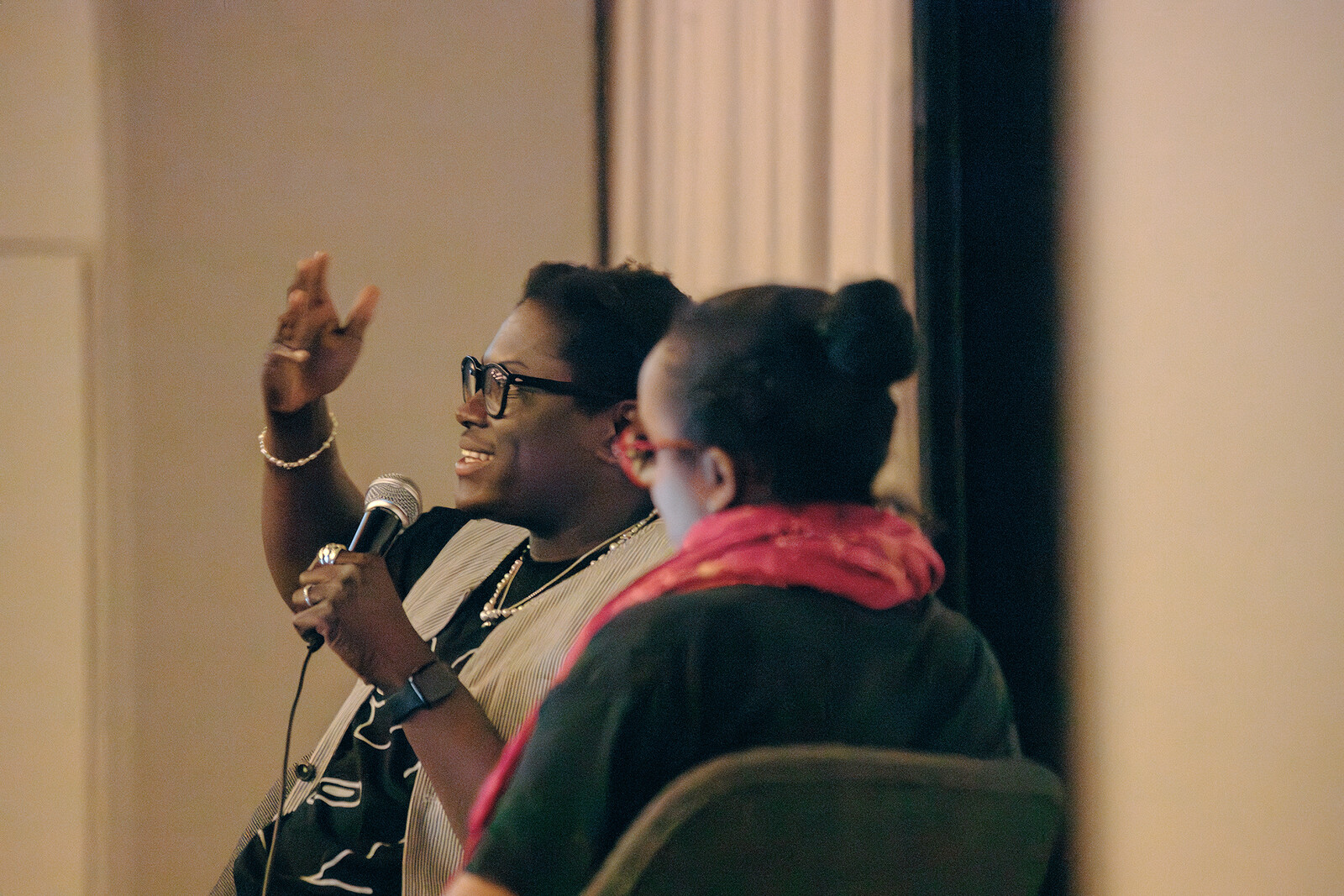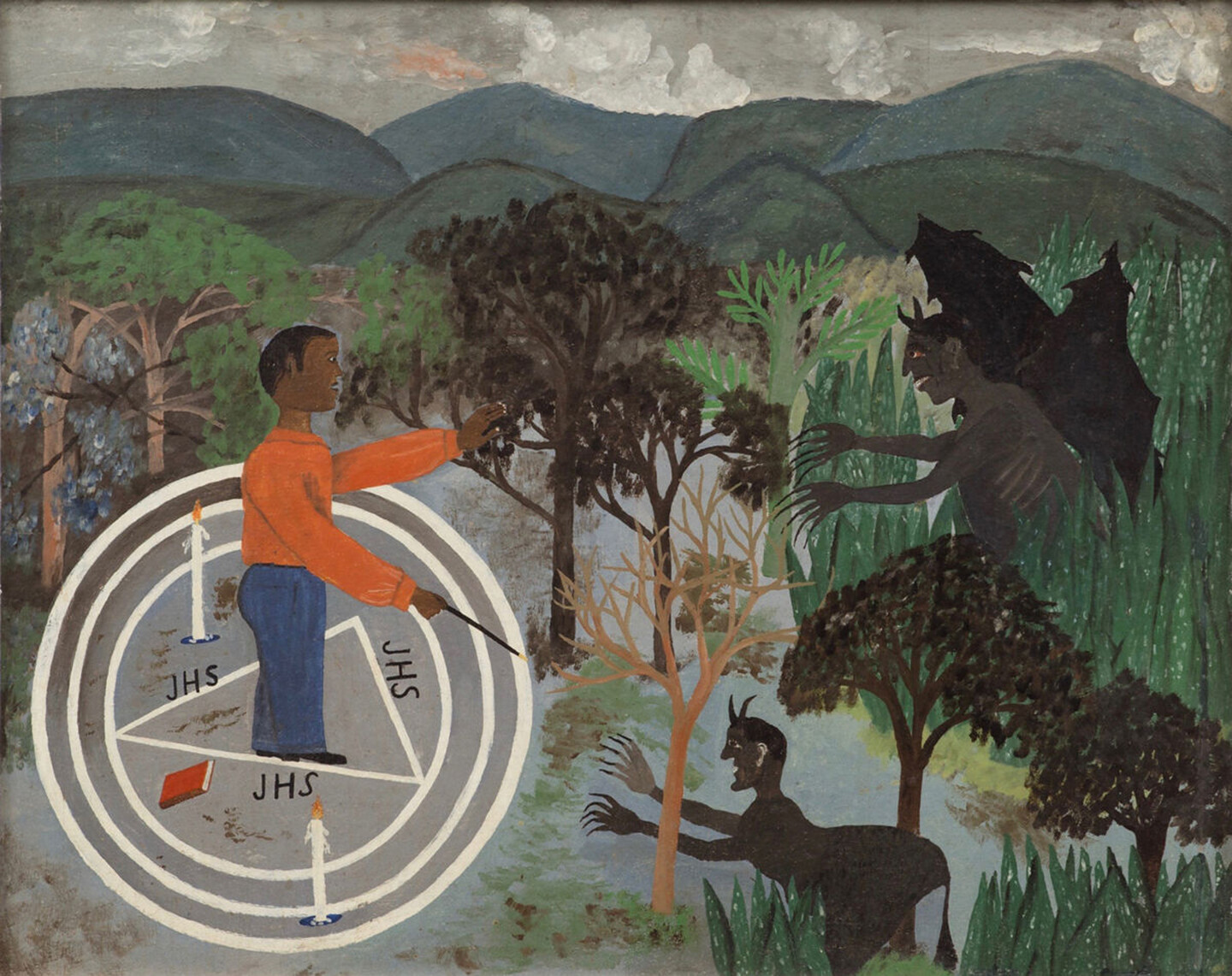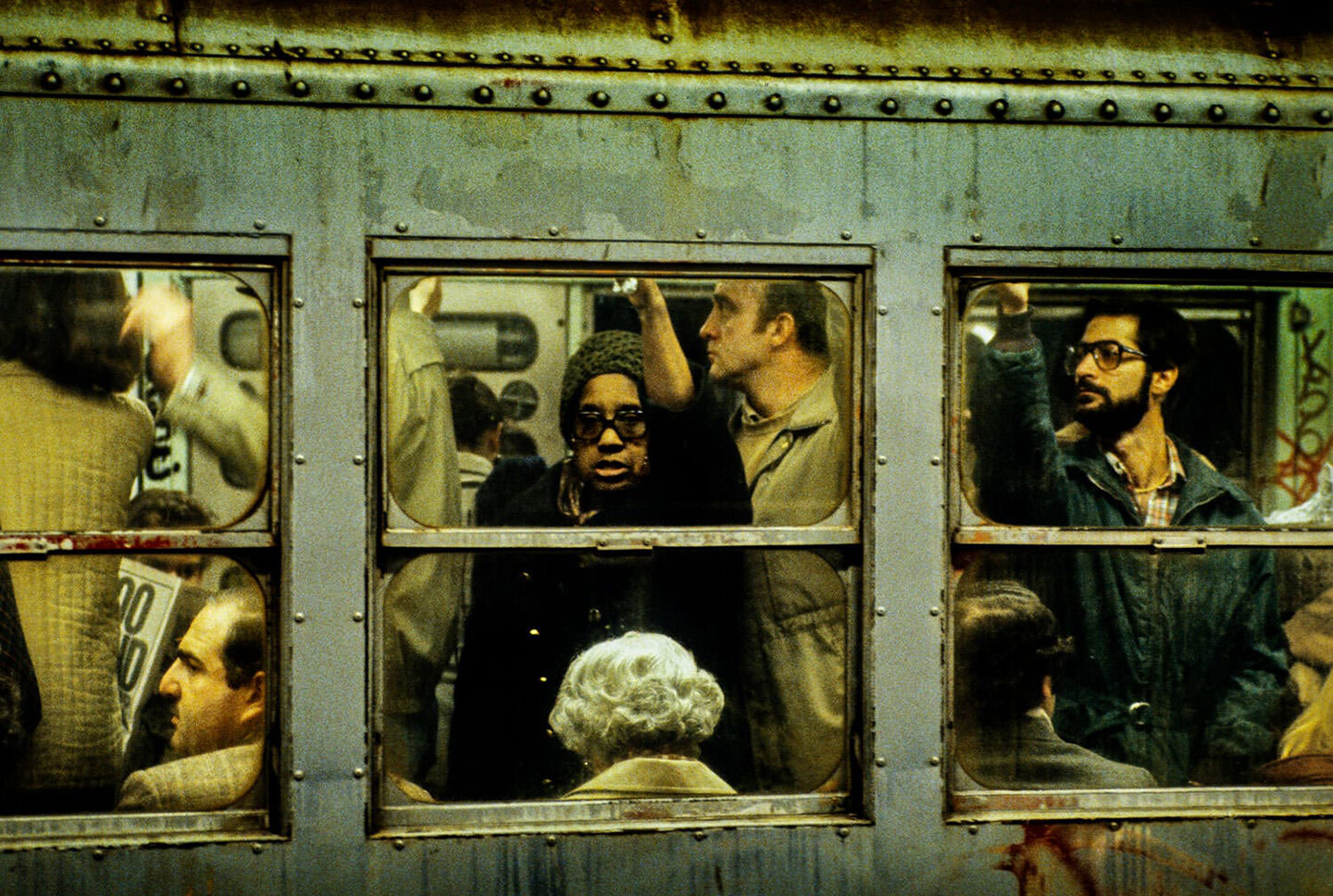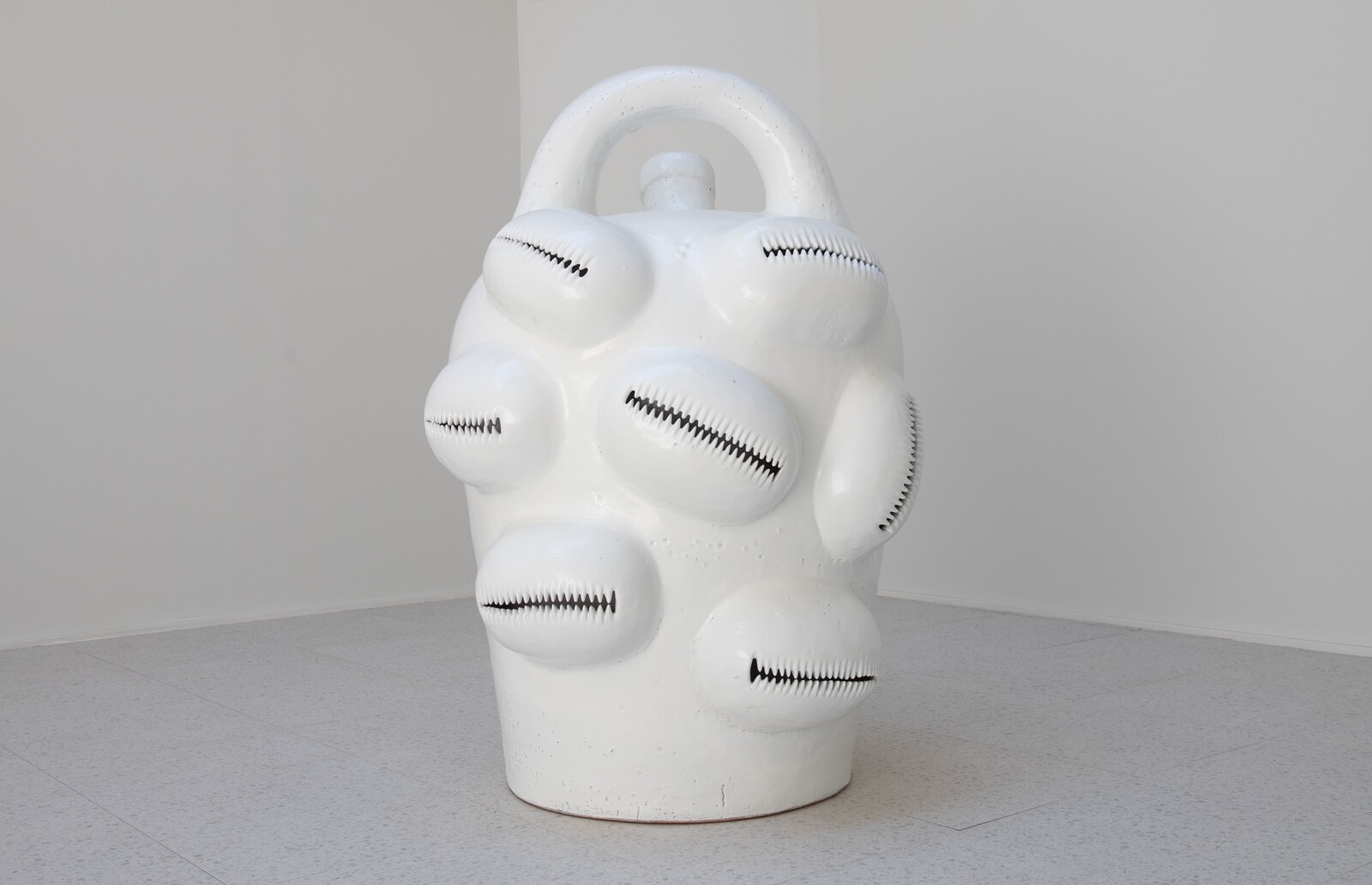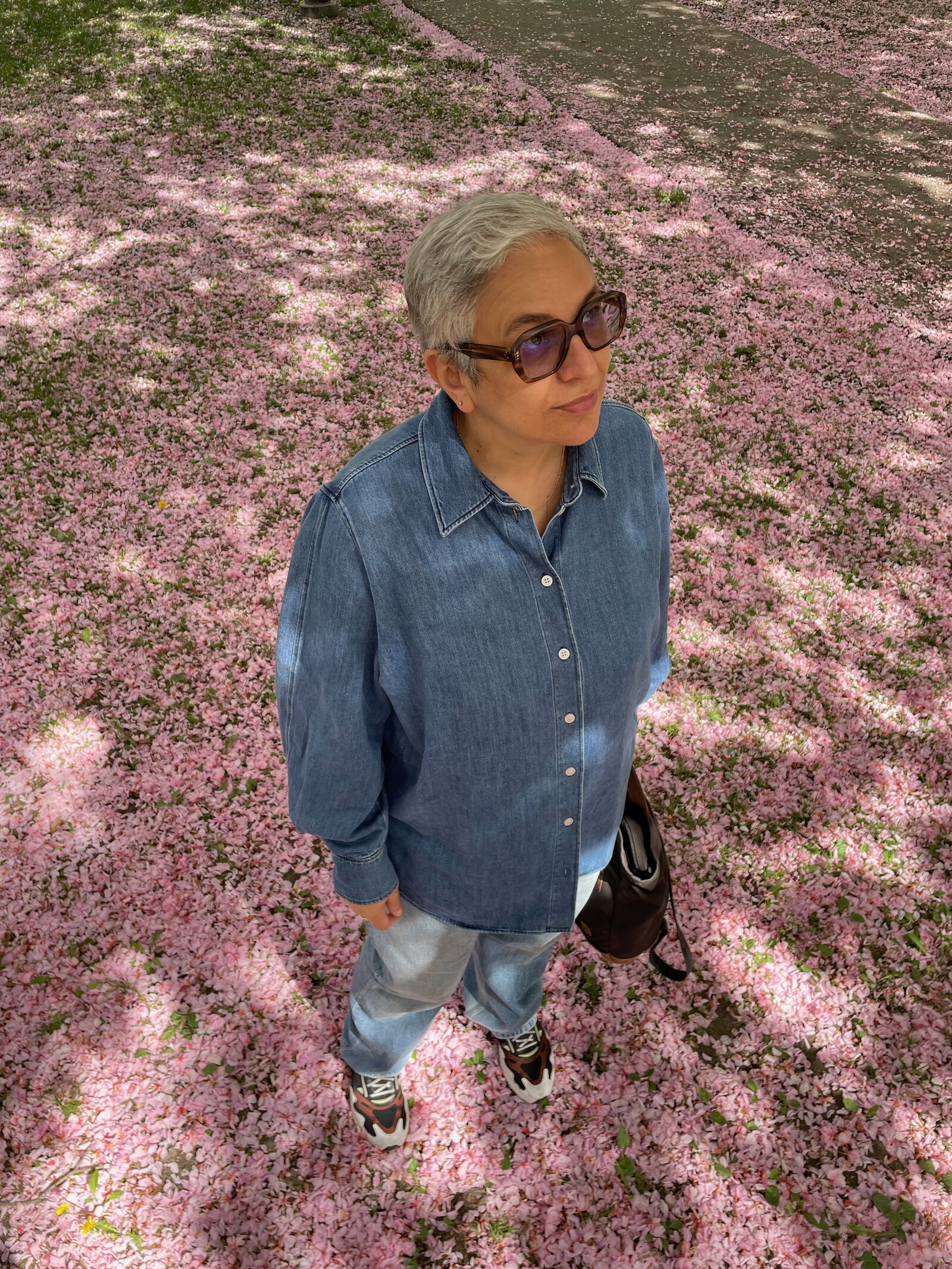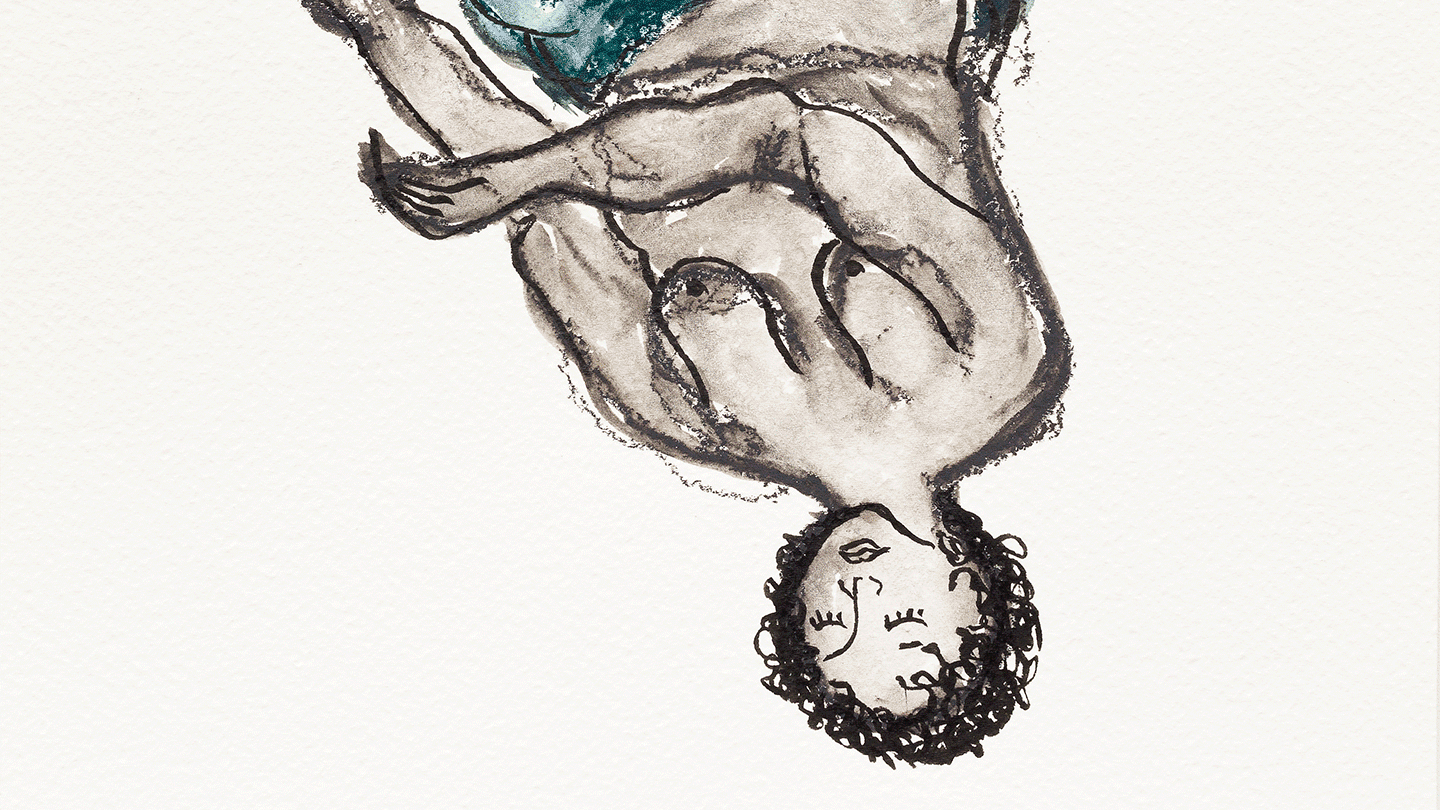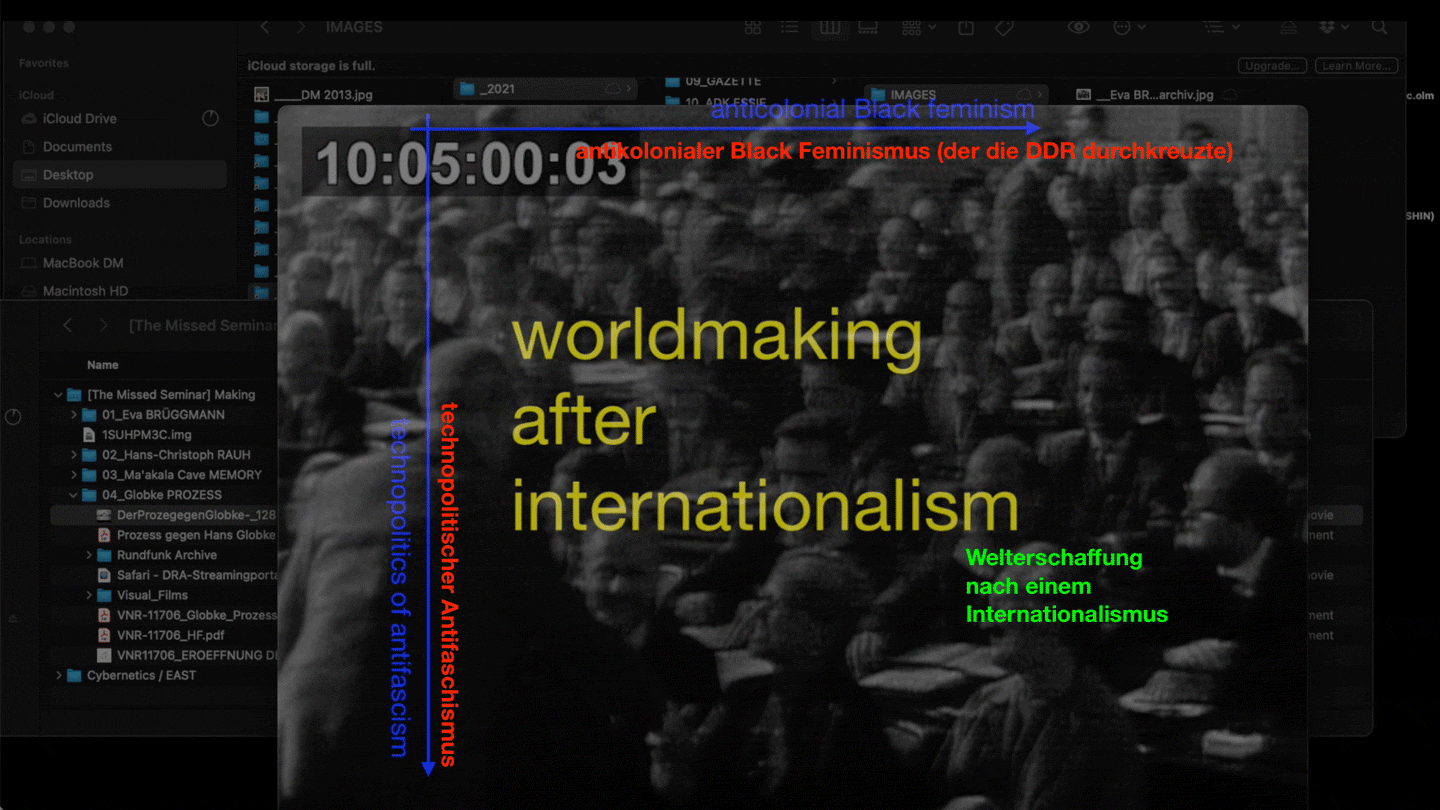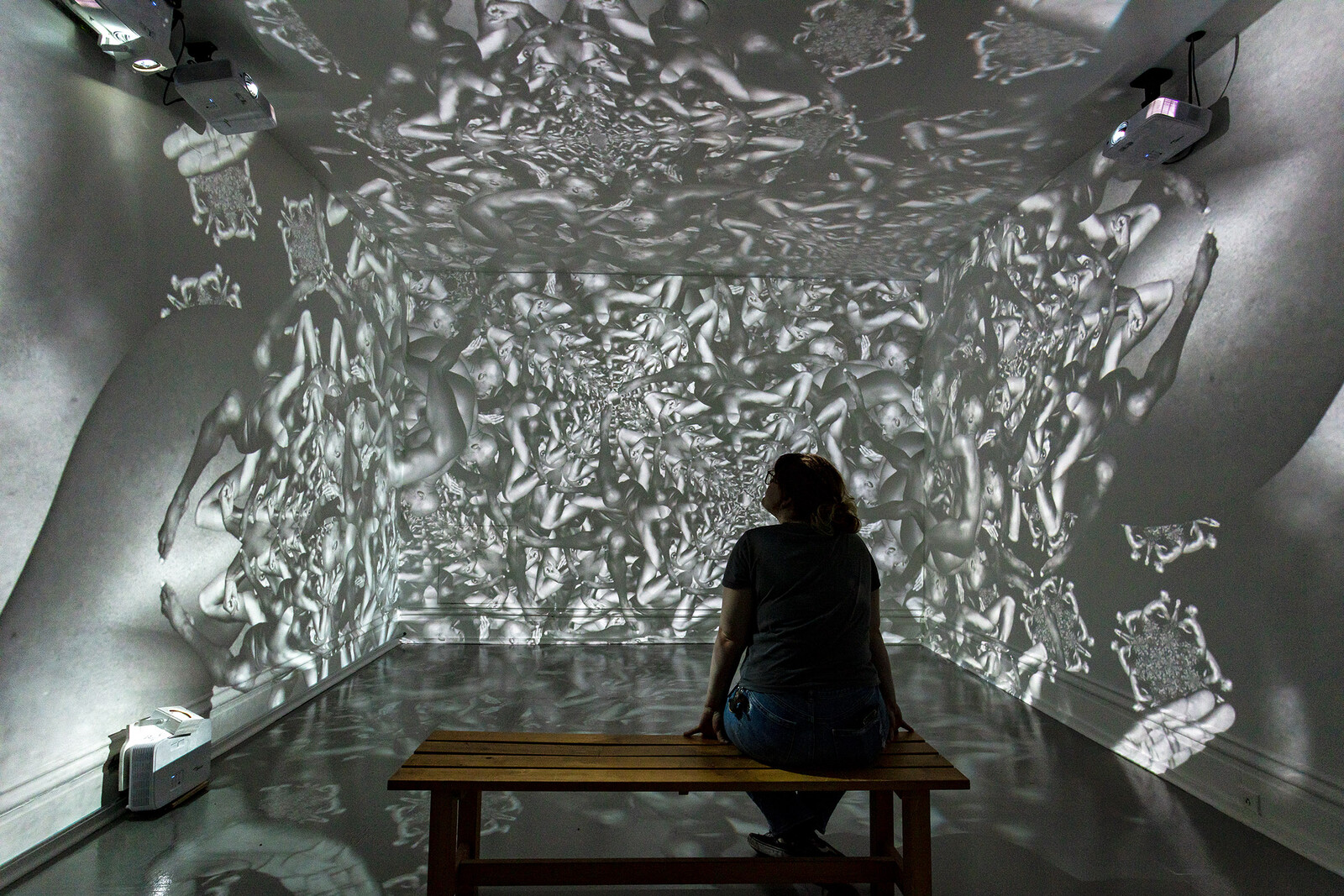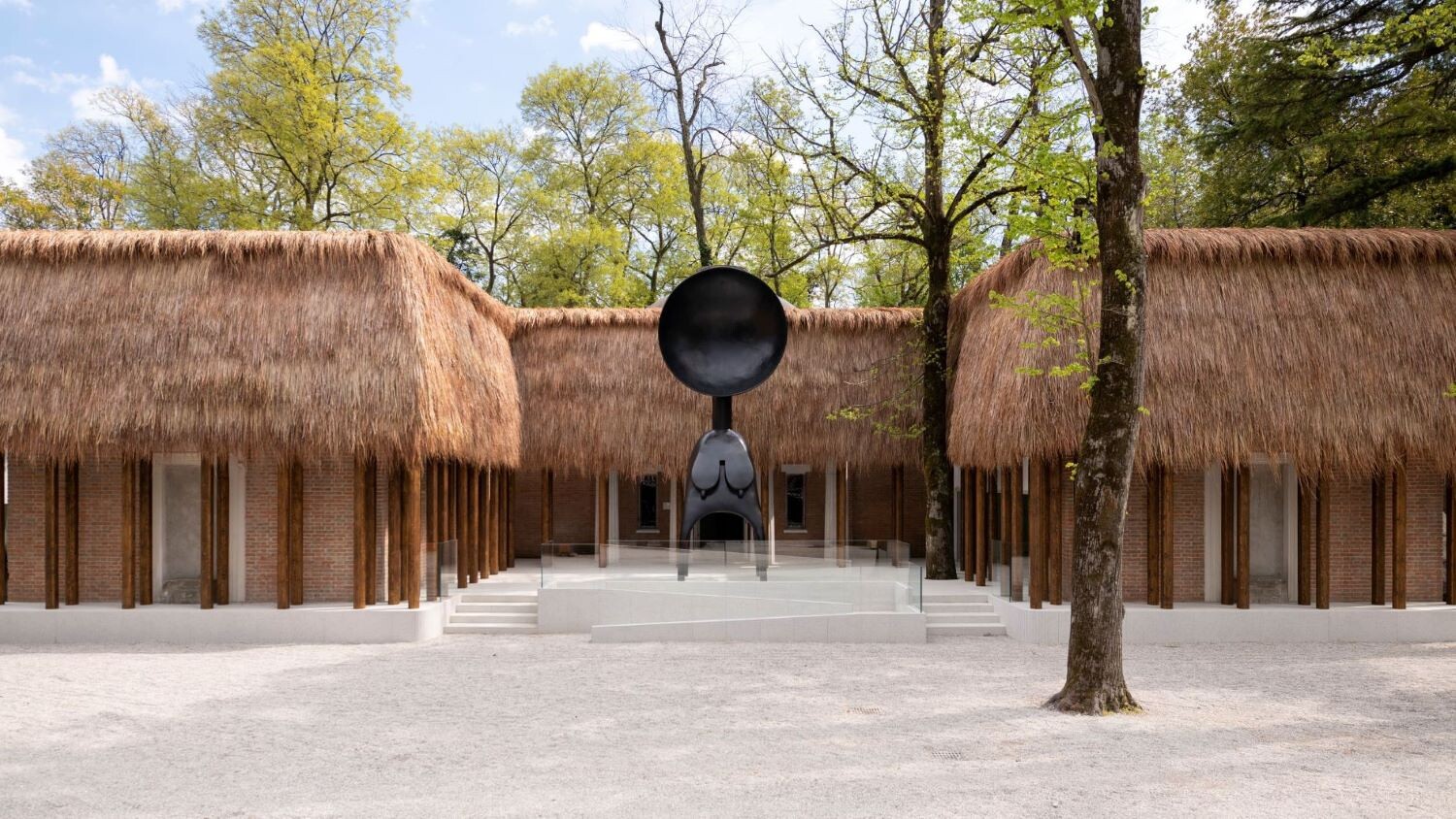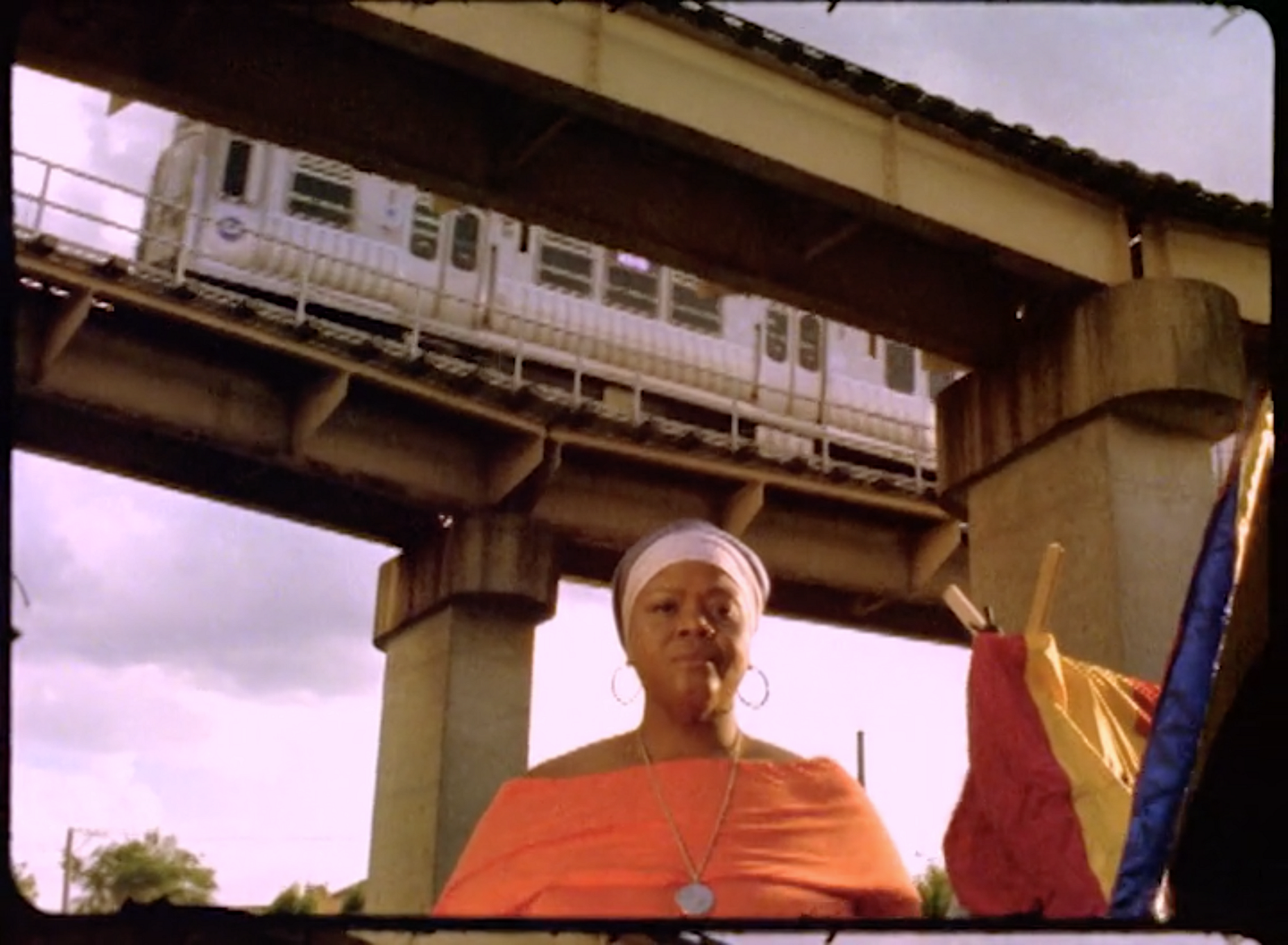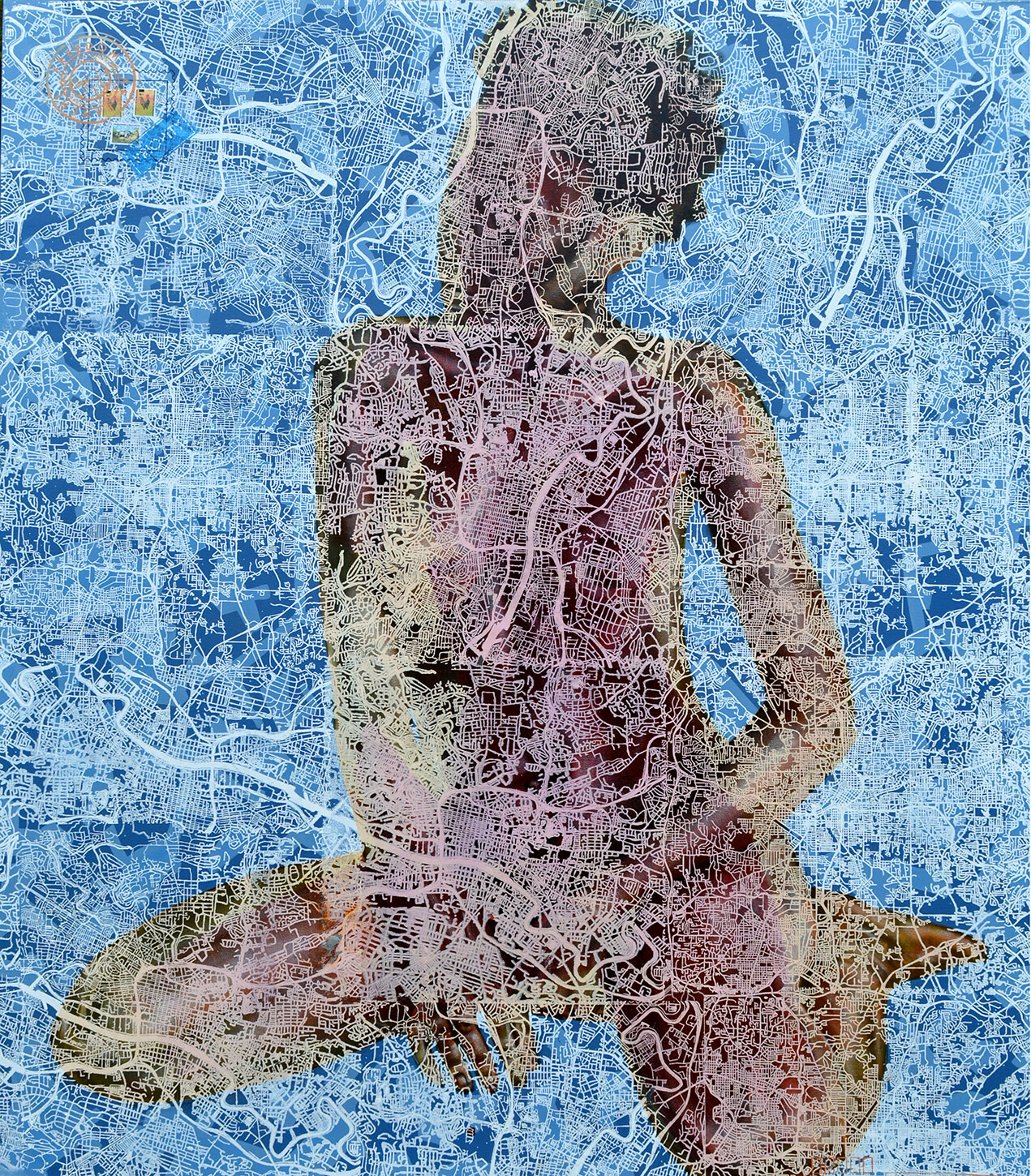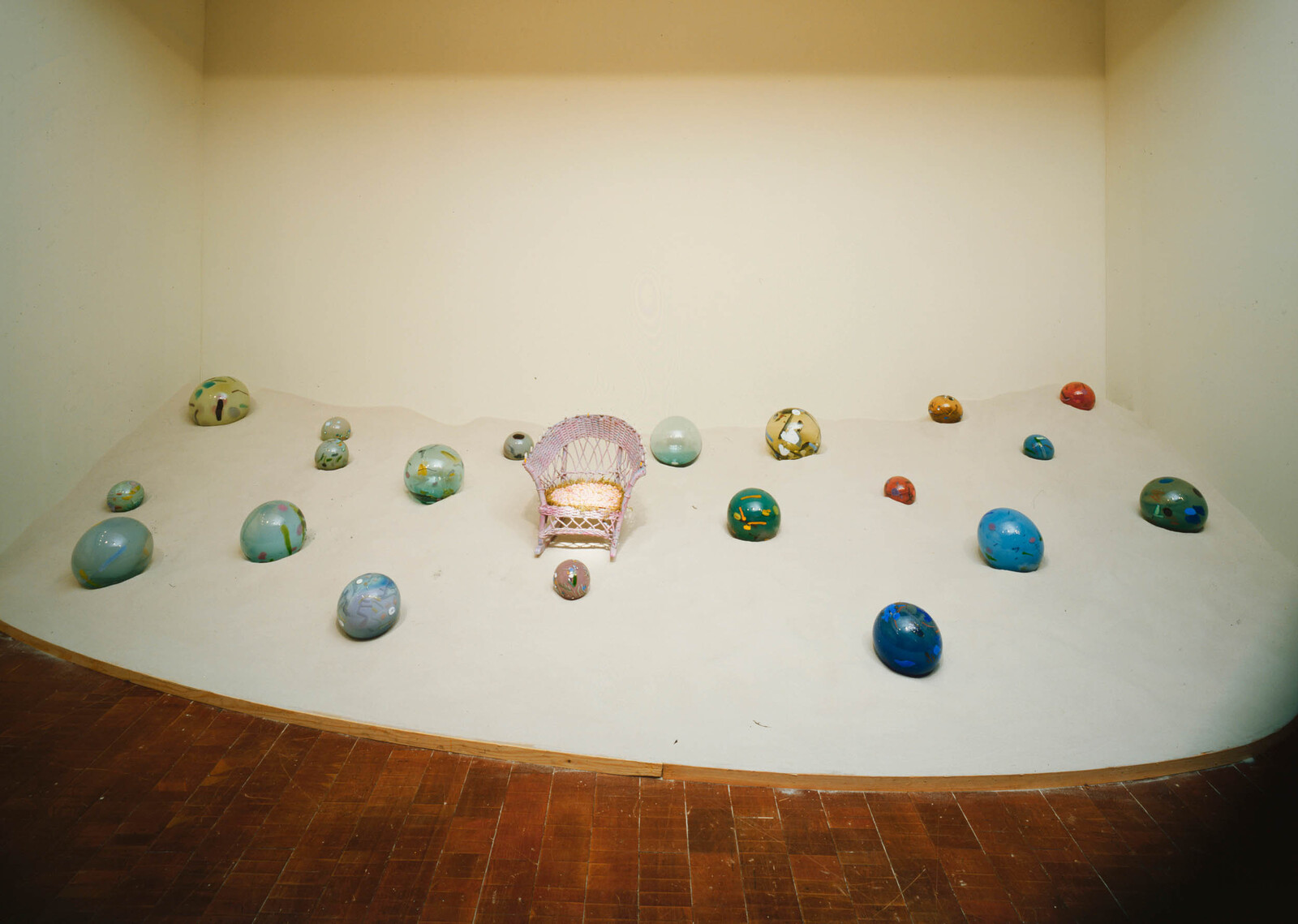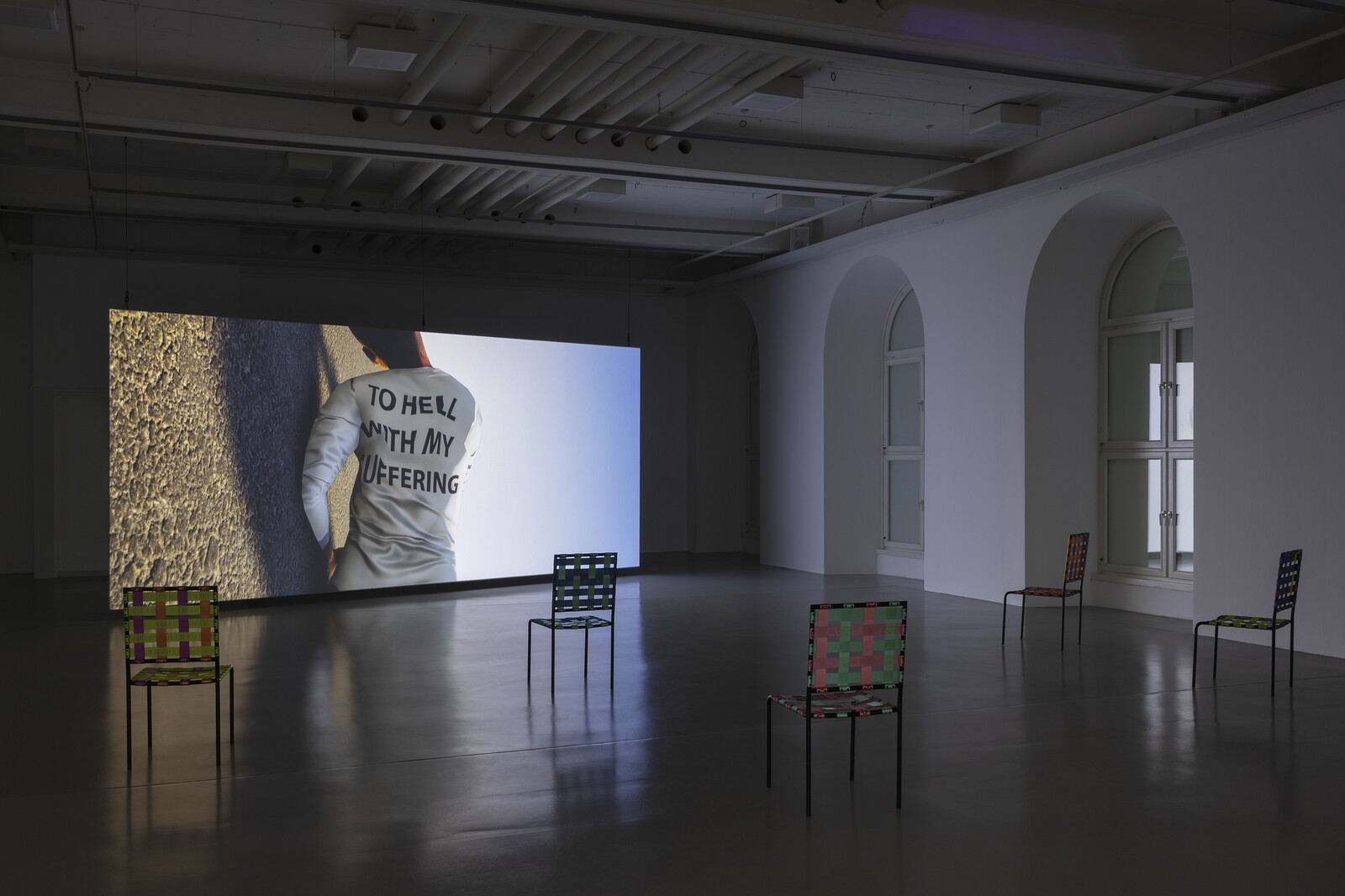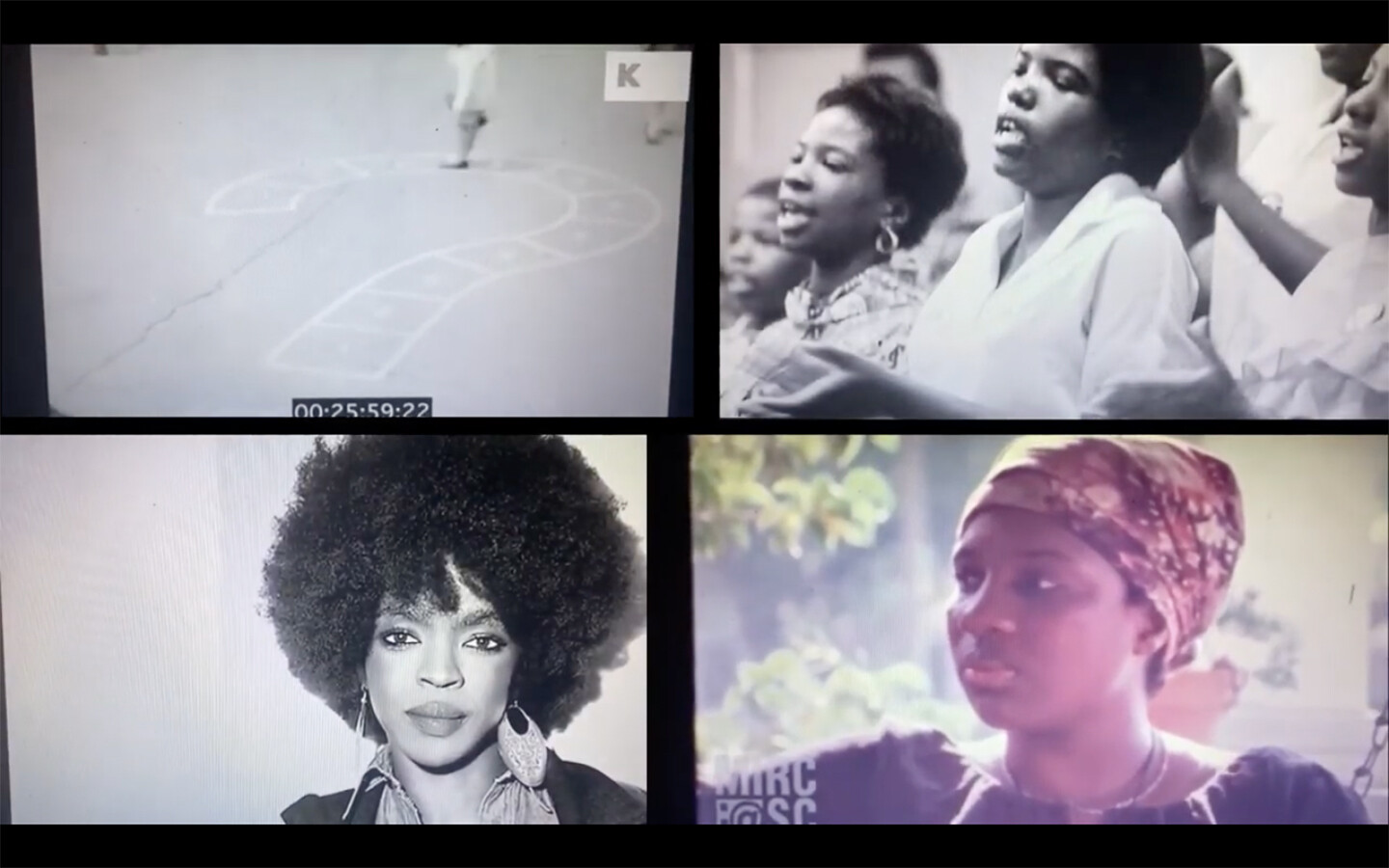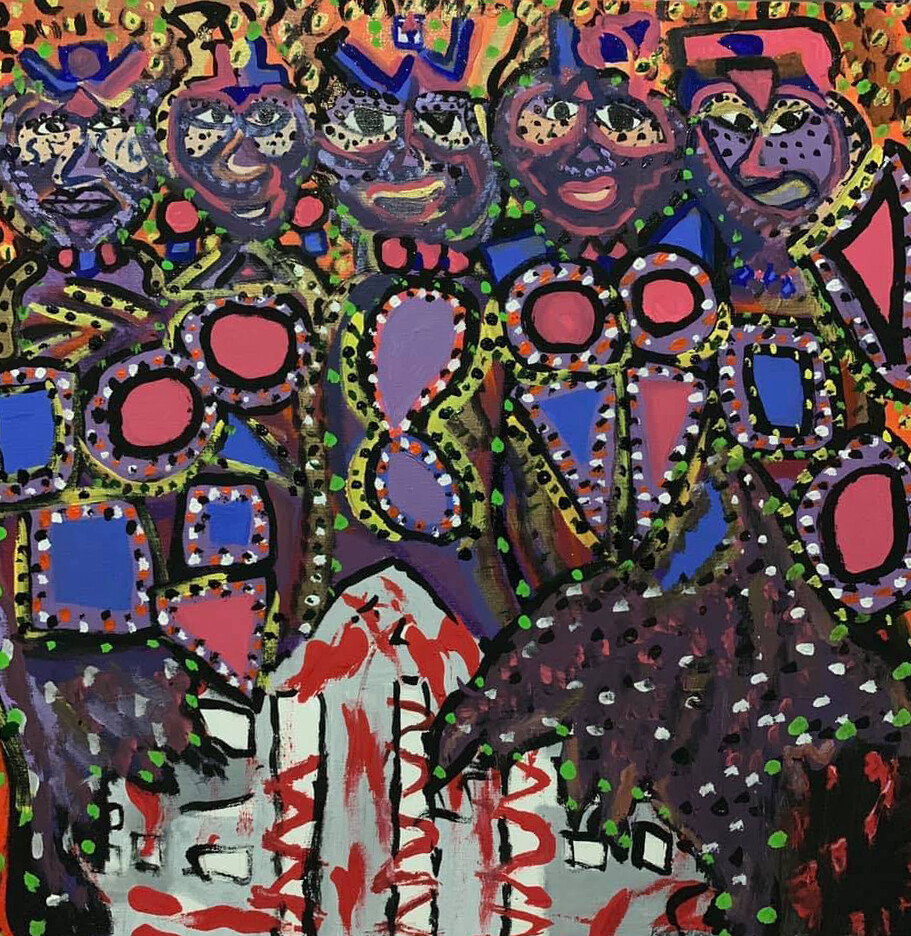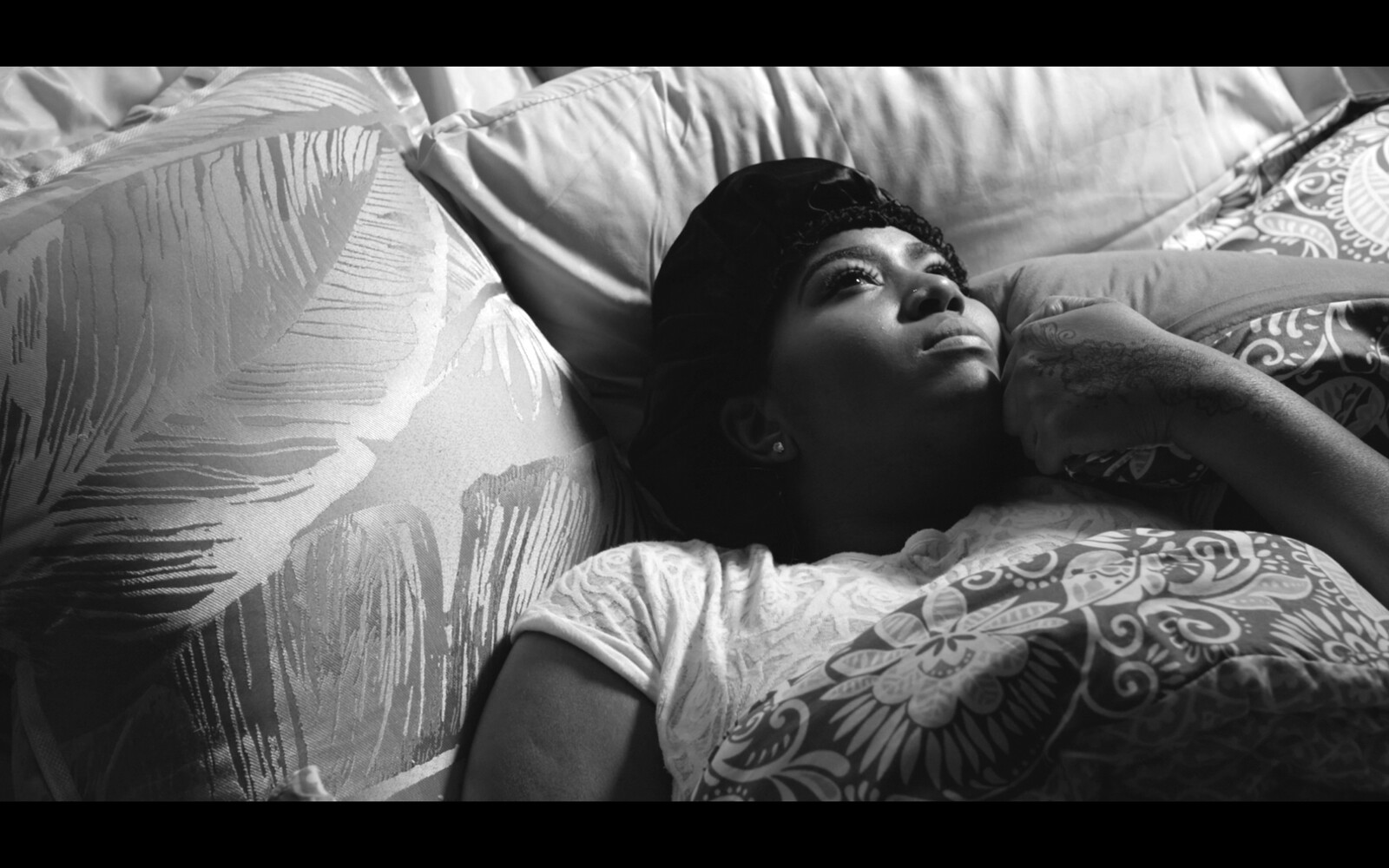The unwieldy, internally variegated, and contested traditions that one might nevertheless nominate as black critical theory and black artistic practice, respectively, have had difficult relationships with various traditions of scholarly and aesthetic formalism (though these are, of course, hardly discrete designations). To begin with, the intellectual and artistic forms associated with blackness have typically been regarded by established traditions of formalism with, at best, skepticism.
The cumulative process of “mulatto production” constructs various no-man’s-lands within otherwise emancipatory cinema, film, and visual culture, from which certain kinds of Black female subjectivity must remain absent. While Fanon waits for himself in the cinema, at first blush Fanon’s “woman of color” has nowhere to look for her own image. Losing Ground is radical in how it breaks with this model.
Only the living can visit the dead, not the other way around. We’re there when George Washington buys a slave. We’re there when a tree bears strange fruit. We’re there in the gas chambers, or when Winston Churchill starves to death millions of Indians. And as we in the present are in the past, we are also haunted by those in the future, those not yet born.
While predominantly known for her writing on feminist topics including care, sisterhood, breaking the silence, and sexual ethics, a lesser-known aspect of Lorde’s writing—which shows up in New York Head Shop and Museum—concerns Black spirituality, especially orishas that Lorde turns to while looking beyond empire from within its crumbling constraints.
Techno coincided with my own personal journey towards freedom. At Berghain, we used to talk about being upstairs or downstairs. When you go up upstairs, it’s a totally different vibe. Downstairs feels much more loose and free. I have always loved house music and I probably always will, but it doesn’t give me the cathartic relief anymore, not as much as techno does. It’s the aggressiveness, the abrasiveness, the hardness.
When playing in the context delineated by the thesis introduced by recursive colonialism, black feminist poethical tools and procedures seem to support what the latter both diagnoses and proposes, which is the uprooting of the infrastructure of global capital. It is again a moment that includes (a) a strike from above, which is creative rather than destructive, and which unleashes (b) a downward blow—an implosion perhaps—that shifts attention to the foundations. It is as if looking at global capital from down to up reveals precisely that which is not visible from its windows because it is what sustains the walls onto which they have been carved.
The question then is how the recursive creates the potential for remaking time, for inhabiting temporalities askew. Where is the potential in dividual economies? We do not yet know what kinds of rearrangements of domestic and political spheres can be generated from these scenes of mass debilitation. We come to Spinoza—what can a body do?—through the bio/necropolitical, asking: How do populations live the unlivable? As the becoming-pandemic introduces novel precarities while reinforcing old ones, we will be asking these questions again and again.
Gender and sexuality are different, and the constant pairing of these issues in public policy sends a confusing message and fails to acknowledge our concrete gendered experiences. White women can create movements and tell stories and not mention Black women and those of color. Gays and lesbians can do the same and boldly practice transphobia. However, when Black women of trans experience speak, we are expected to fight for everyone. That is a Black woman’s narrative.


